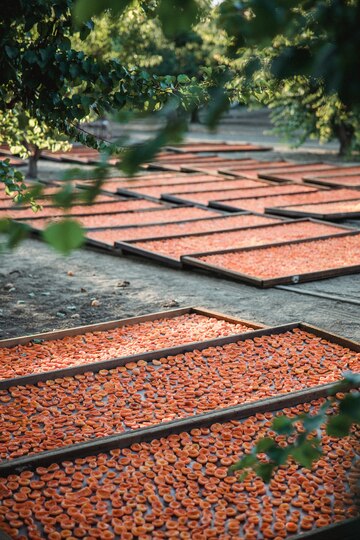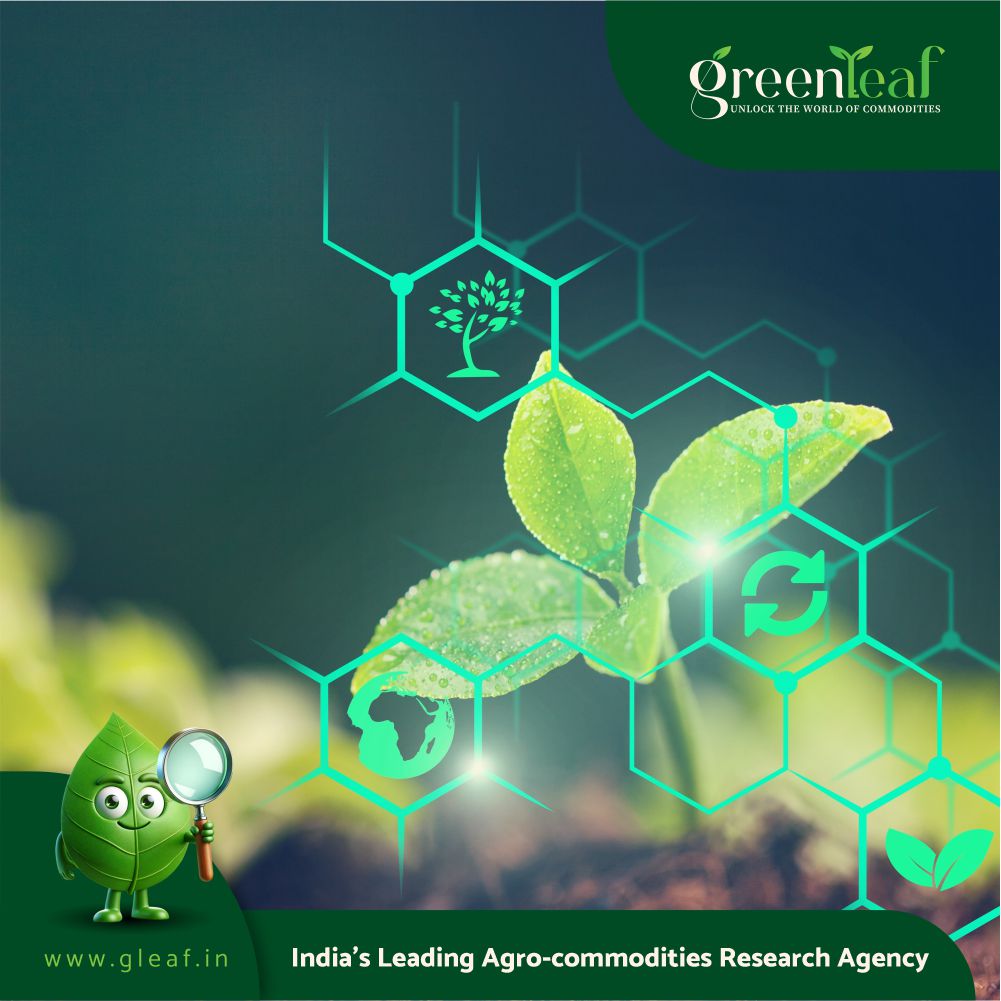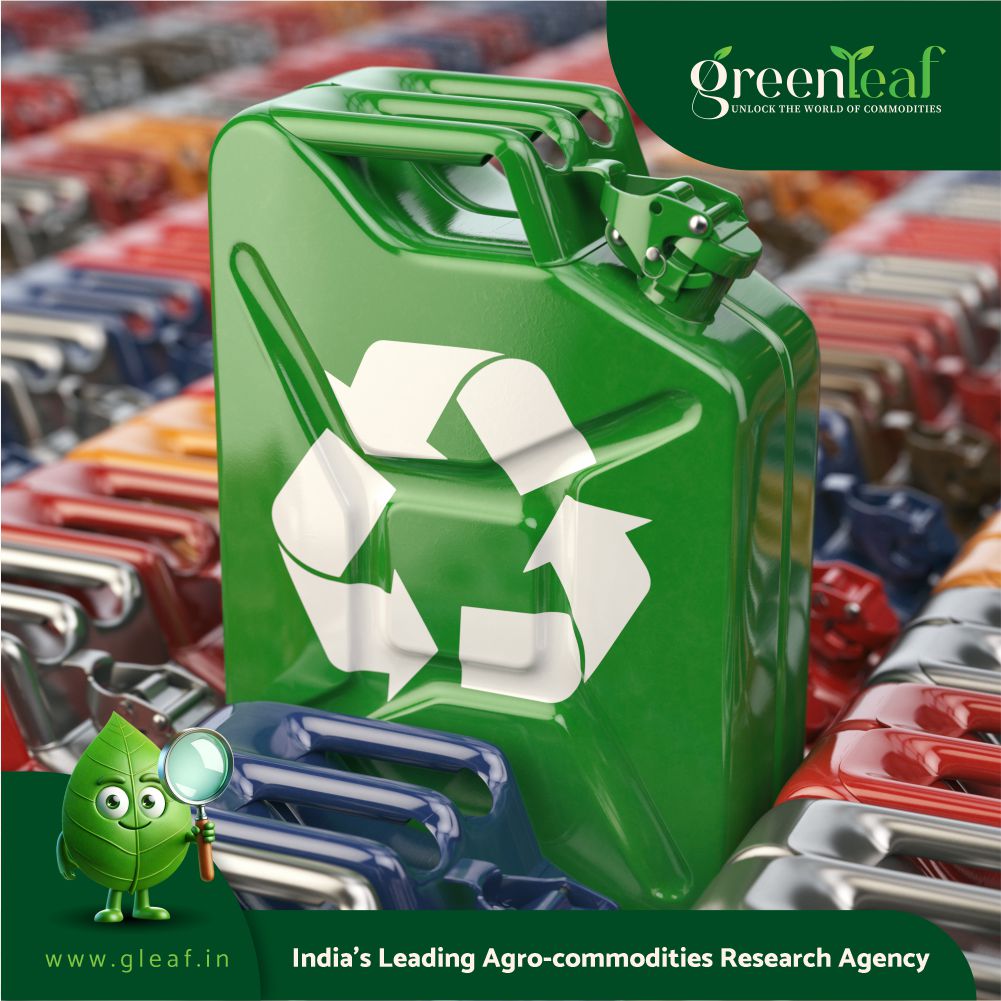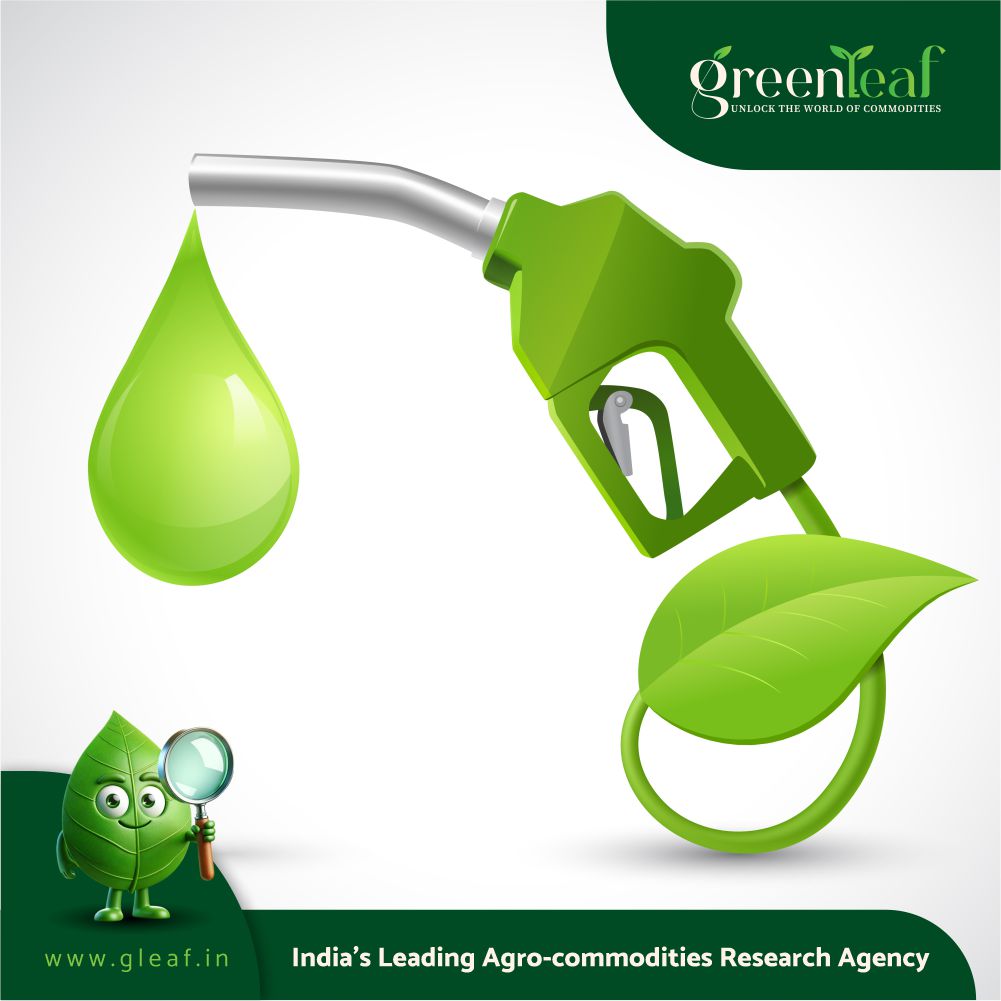At a recent business forum organised by Indonesia’s Ministry of Trade in Osaka, Japan, Japanese companies pledged to import 640,000 tonnes of Indonesian biomass products, including palm kernel shells and wood pellets.
The agreement, announced on 11 June 2025, represents a transaction valued at approximately Rp1.04 trillion (around €63 million).
Fajarini Puntodewi, Director General of National Export Development at the Indonesian Ministry of Trade, emphasised the growing demand in Japan for sustainable biomass to support its energy transition. Japan aims to achieve net zero emissions by 2050 and has set a target for all new passenger vehicles to be electric by 2035.
“This ambitious shift means Japan’s automotive and industrial sectors must increasingly rely on renewable energy sources to reduce greenhouse gas emissions,” Puntodewi explained in a statement issued in Jakarta on 15 June 2025.
Renewable energy products derived from palm biomass, such as palm kernel shells, empty fruit bunches, and oil palm trunks, have been recognised for their low greenhouse gas emissions. Puntodewi highlighted that using one tonne of palm kernel shells as industrial fuel can reduce carbon dioxide emissions by up to 0.94 tonnes.
While domestic consumption of biomass in Indonesia remains limited, export markets offer lucrative opportunities.
Current production of palm kernel shells stands at around 14 million tonnes annually, with approximately 35% exported.
Indonesia currently exports 4.5 million tonnes of palm kernel shells to Japan each year, and the Indonesian Ministry of Trade projects demand from Japan’s biomass market to rise to 7 million tonnes annually by 2026.
Dikki Akhmar, Secretary General of the Indonesian Biomass Energy Producers Association (Aprebi), expressed support for Indonesian government efforts to secure Japanese acceptance of palm kernel shell products certified under the Indonesian Sustainable Palm Oil (ISPO) scheme.
He also called for wider promotion of the Timber Legality Verification System (SVLK), which certifies biomass products such as wood pellets and wood chips for export.
“The growing global focus on sustainability and the green economy presents Indonesia with a prime opportunity to innovate and supply high-quality, certified renewable energy products,” said Dikki. “This is a crucial moment for Indonesia to establish itself as a key player in the international biomass market.”















